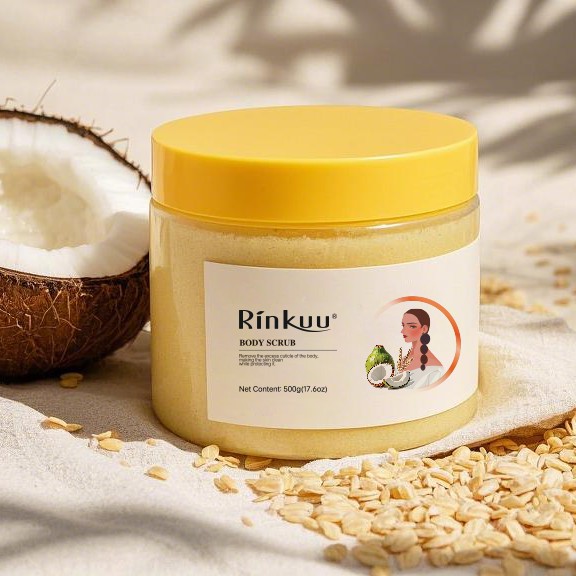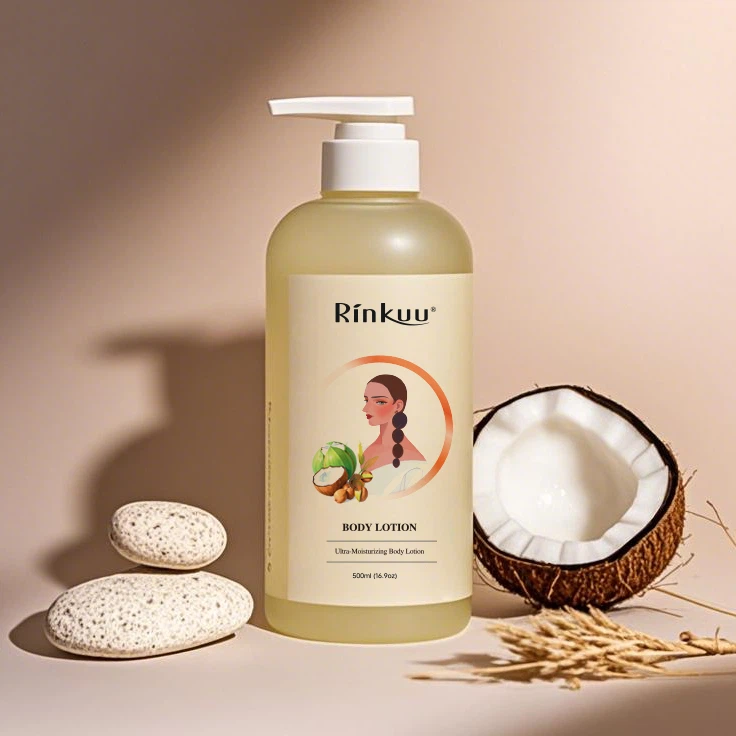Can I use organic tea tree shampoo if I have an oily scalp?
If you're struggling with an oily scalp, you're probably on a quest to find the perfect shampoo that can bring your hair's oiliness under control. One option that often comes up in discussions about hair care for oily scalps is organic tea tree shampoo. As a supplier of Organic Tea Tree Shampoo, I'm here to provide you with in - depth information on whether it's a suitable choice for you.
Understanding an Oily Scalp
Before we delve into the suitability of organic tea tree shampoo, it's essential to understand what causes an oily scalp. The sebaceous glands in our scalp produce sebum, an oily substance that lubricates and protects our hair and scalp. However, when these glands produce an excessive amount of sebum, it leads to an oily scalp. Several factors can contribute to this over - production, including hormonal changes, diet, stress, and genetics.
Hormonal fluctuations, especially during puberty, pregnancy, or menopause, can stimulate the sebaceous glands to produce more sebum. A diet high in greasy and processed foods can also trigger increased oil production. Stress is another significant factor; when we're stressed, our bodies release cortisol, which can disrupt the normal functioning of the sebaceous glands.
The Benefits of Organic Tea Tree Shampoo
Organic tea tree shampoo has several properties that make it potentially beneficial for those with an oily scalp. Tea tree oil, the key ingredient in this shampoo, is well - known for its antibacterial, antifungal, and anti - inflammatory properties.
Antibacterial and Antifungal Properties: An oily scalp can be a breeding ground for bacteria and fungi. These microorganisms can exacerbate the problem by causing irritation and further stimulating the sebaceous glands. Tea tree oil can help to keep these unwanted invaders at bay. By reducing the bacterial and fungal population on the scalp, it can create a healthier environment for the hair follicles and potentially reduce oil production.
Anti - inflammatory Properties: Inflammation on the scalp can also contribute to an overactive sebaceous gland. Tea tree oil's anti - inflammatory properties can soothe the scalp, reducing redness and irritation. This can help to normalize the function of the sebaceous glands and lead to less oil being produced.
Balancing Sebum Production: Some studies suggest that tea tree oil may have a regulatory effect on sebum production. It can help to balance the activity of the sebaceous glands, preventing them from producing too much or too little oil. This means that over time, using organic tea tree shampoo may help to bring your scalp's oiliness back to a more normal level.
How to Use Organic Tea Tree Shampoo for an Oily Scalp
To get the most out of organic tea tree shampoo for your oily scalp, it's important to use it correctly.
Frequency of Use: At first, you may want to use the shampoo every other day or a few times a week. This allows your scalp to adjust to the tea tree oil. As your scalp gets used to it, you can gradually increase the frequency of use if needed. However, be careful not to over - wash your hair, as this can actually stimulate the sebaceous glands to produce more oil.
Application Method: Wet your hair thoroughly and apply a small amount of the shampoo to your scalp. Gently massage the shampoo into your scalp using your fingertips, not your nails, for about 1 - 2 minutes. This helps to distribute the shampoo evenly and allows the tea tree oil to penetrate the scalp. Rinse your hair thoroughly with warm water.
Other Shampoo Options from Our Range
In addition to our Organic Tea Tree Shampoo, we also offer a variety of other high - quality shampoos that may be suitable for different hair and scalp conditions.
If you're interested in a different natural ingredient, our Ginger Shampoo 500ml is a great option. Ginger has been used in traditional medicine for its stimulating properties. It can improve blood circulation to the scalp, which may help to promote healthy hair growth and also has some antibacterial effects.
For those who prefer a more gentle and fragrant option, our Coconut Scented Shampoo is a popular choice. Coconut oil is rich in fatty acids that can moisturize the hair and scalp without leaving it greasy. It can also help to protect the hair from damage.


Another interesting option is our Calendula Extract Shampoo. Calendula has anti - inflammatory and soothing properties, making it ideal for those with sensitive scalps. It can help to reduce irritation and redness while keeping the hair clean.
Considerations Before Using Organic Tea Tree Shampoo
While organic tea tree shampoo has many benefits, there are a few things to consider before using it.
Allergic Reactions: Some people may be allergic to tea tree oil. Before using the shampoo all over your scalp, it's a good idea to do a patch test. Apply a small amount of the diluted shampoo to a small area of skin behind your ear or on your inner elbow. Wait 24 - 48 hours and check for any signs of redness, itching, or swelling. If you experience any of these symptoms, do not use the shampoo.
Interaction with Other Products: If you're using other hair care products, such as hair dyes or styling products, make sure to check if they are compatible with tea tree oil. Some chemicals in these products may react with tea tree oil and cause unwanted effects.
Conclusion
In conclusion, if you have an oily scalp, organic tea tree shampoo can be a great option. Its antibacterial, antifungal, anti - inflammatory properties, and potential to regulate sebum production make it a promising solution for managing scalp oiliness. However, as with any new hair care product, it's important to be aware of potential allergic reactions and interactions with other products.
If you're interested in trying our Organic Tea Tree Shampoo or any of our other hair care products, we invite you to contact us for procurement and further discussions. We're committed to providing high - quality, natural hair care solutions that meet your needs.
References
- "The Science of Hair Care" by Philip Kingsley
- Journal of Cosmetic Dermatology, various studies on tea tree oil and hair care
- "Hair: Its Structure, Growth, and Care" by Albert Kligman






